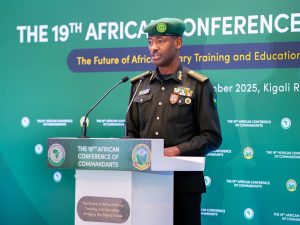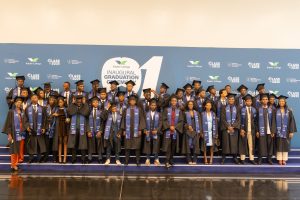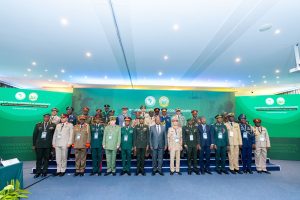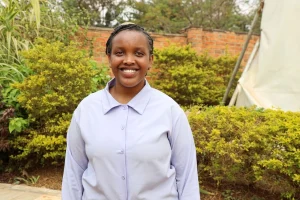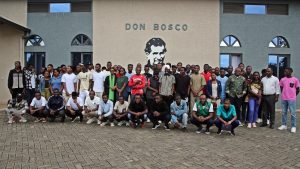African Leaders Push for Education and Innovation Reset as ASENTI 2025 Opens in Kigali
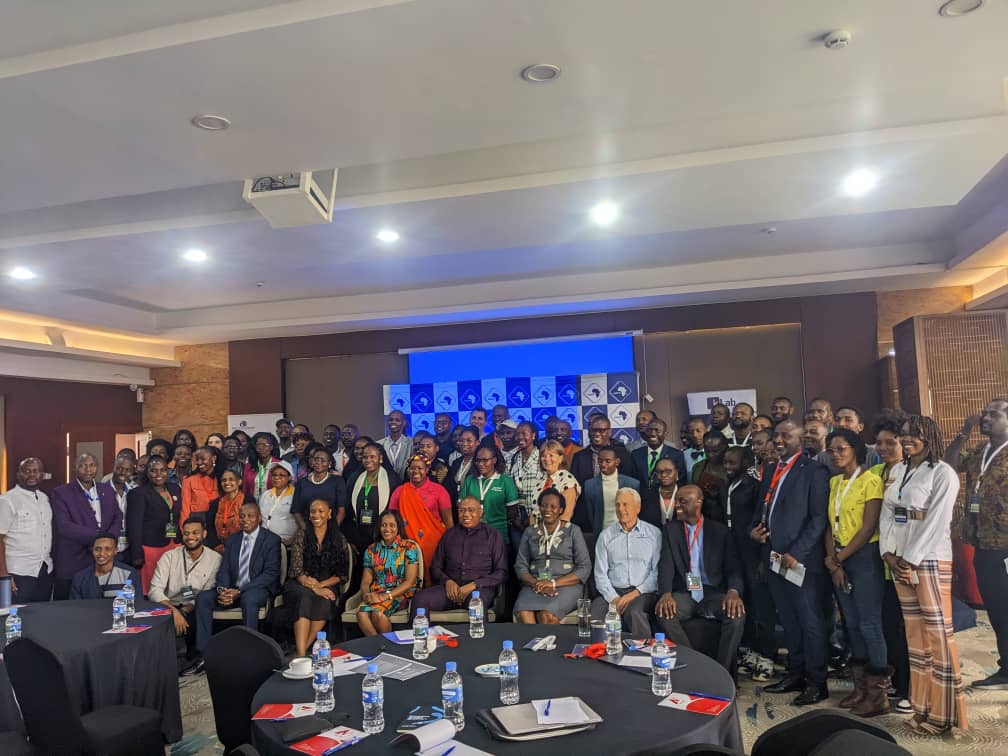
African policymakers, innovators and entrepreneurship champions have urged governments and institutions across the continent to redesign education and strengthen innovation ecosystems to prepare young people to become creators of economic opportunities rather than job seekers. The call was made as the Africa Summit on Entrepreneurship and Innovation (ASENTI) 2025 opened on Thursday in Kigali.
Running from November 13 to 15, the summit has convened more than 200 delegates, including 30 speakers, 20 investors and exhibitors from at least 10 countries under the theme “Innovation for Sustainable Future: Reimagining Africa’s Entrepreneurship.”
Speakers emphasized that Africa’s youthful population, emerging technologies and expanding digital economy present unprecedented opportunities, but only if countries move quickly to build the right skills and business environment.
Rwanda Highlights Urgent Need to Accelerate Innovation
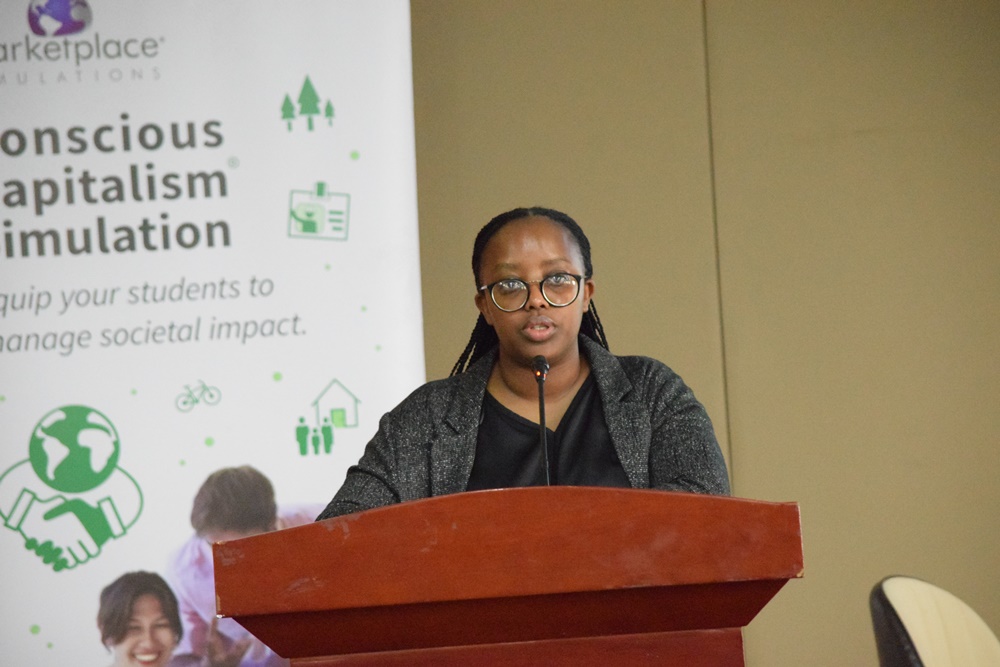
Ester Kunda, Director General of Innovation and Emerging Technologies at Rwanda’s Ministry of ICT and Innovation, said Africa must act fast as global technological shifts, especially artificial intelligence, reshape economies.
“The future we’ve been talking about is almost here. Either we accelerate what we’re doing, or we hope we are on the right path,” she said.
Kunda noted that entrepreneurship must focus on solving real problems such as food security, affordable healthcare and digital financial services. She highlighted Rwanda’s Hanga initiative, which includes innovation hubs across rural and urban areas, as part of the country’s strategy to support startups.
She added that fintech remains central to Rwanda’s digital transformation.
“Payments will power the digital economy of tomorrow. We want companies that can facilitate cross-border payments, support e-commerce and expand financial inclusion for all Africans,” she said.
Rwanda’s innovation policy, she added, directly links entrepreneurship with the country’s ambition to attain middle-income status.
ASENTI: A Decade of Pushing African Entrepreneurship
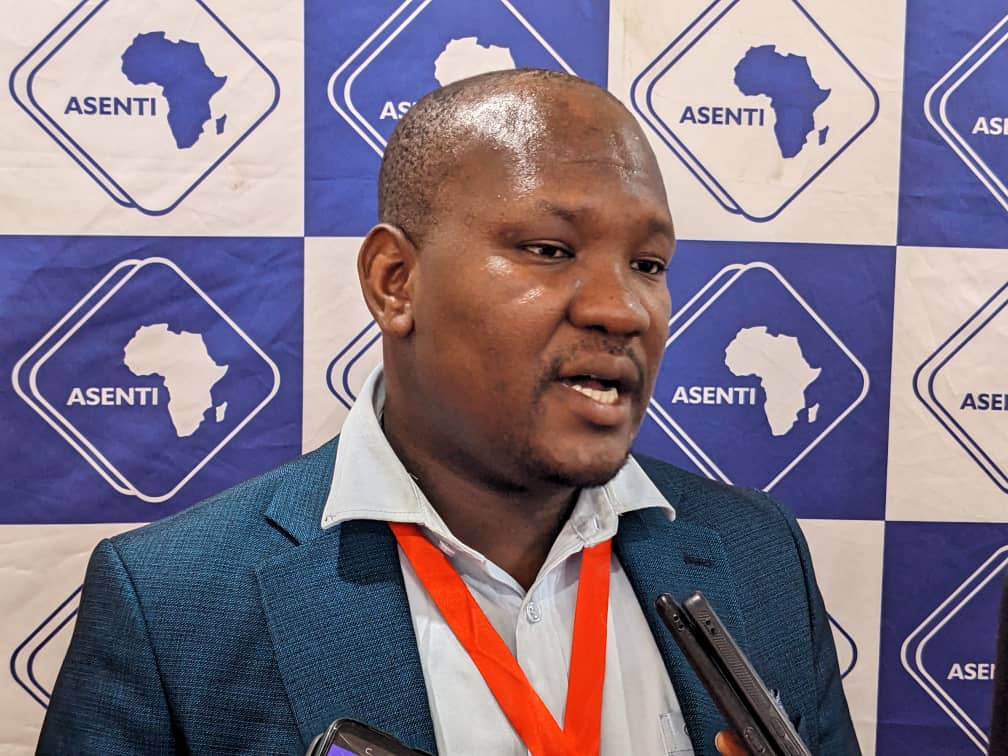
ASENTI President Calvin Jodisi said the summit was created ten years ago to promote entrepreneurship across Africa and provide young innovators with opportunities to access knowledge, networks and investors.
Over the years, the summit has been held in Kenya, Uganda, Tanzania, South Africa, Ghana and now Rwanda.
“We need more young people creating businesses because that is the only way we can grow our continent,” he said. “We want the next big global companies like Tesla or Amazon to come from Africa, built by Africans.”
Jodisi stressed that while access to finance matters, many young entrepreneurs mainly need capacity building. He urged youth to demonstrate commitment to their ideas by first developing prototypes or small-scale versions before seeking investment.
This year, ten selected innovators will pitch their ideas after undergoing hands-on training and mentorship provided through the summit.
Call for Education Reform to Produce Innovators, Not Job Seekers
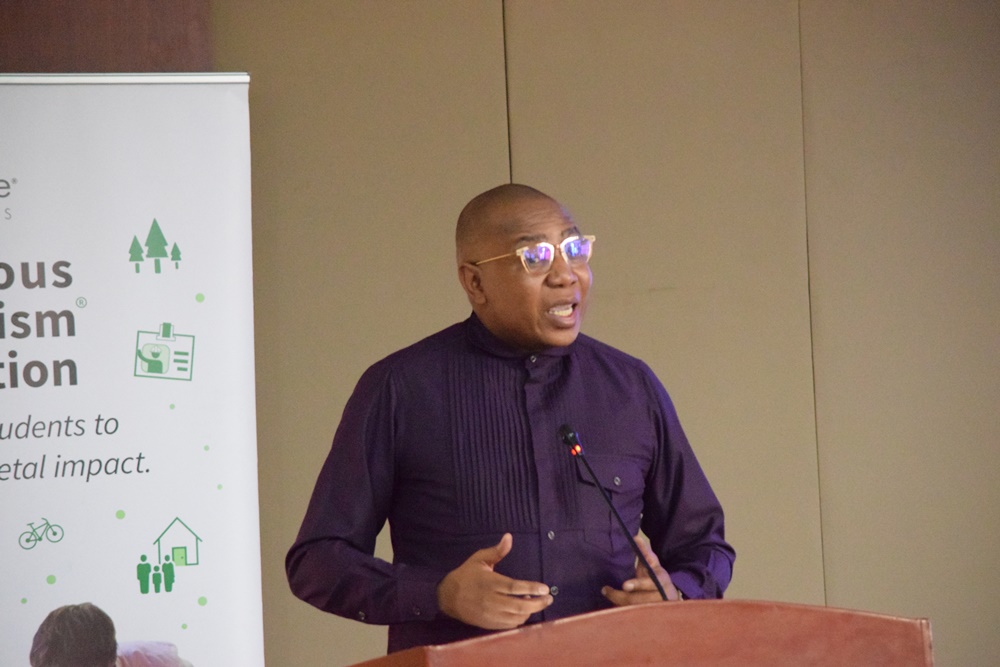
Policy expert and former South African Deputy Minister of Higher Education and Training, Mduluzi Munana, told delegates that Africa’s education systems are still structured to produce job seekers even as the world increasingly rewards creators and innovators.
“The world today requires education that empowers learners to create new systems, not just fit into existing ones,” he said.
Drawing from South Africa’s efforts to integrate entrepreneurship into universities and technical colleges, he emphasized that African countries must close the gap between education, industry and government.
Munana called for entrepreneurship to be embedded across all levels of learning, from early schooling to university, and for institutions to adopt problem-based learning approaches.
He also warned that Africa risks remaining dependent on foreign technologies unless it builds local capacity.
“Africa must not remain a consumer of global technology. We must become producers of innovation,” he said.
To achieve this, he said governments must invest in digital infrastructure, teacher training, research and development and startup incubators aligned with the African Union’s Agenda 2063 and the Smart Africa Blueprint.
A Shared Vision for Africa’s Innovation Future
Speakers throughout the opening day agreed that Africa’s demographic advantage as the world’s youngest continent can drive economic transformation if education systems, startup ecosystems and innovation policies are aligned.
Sessions also underscored the need for inclusive innovation, ensuring opportunities reach young women, rural communities and marginalized groups.
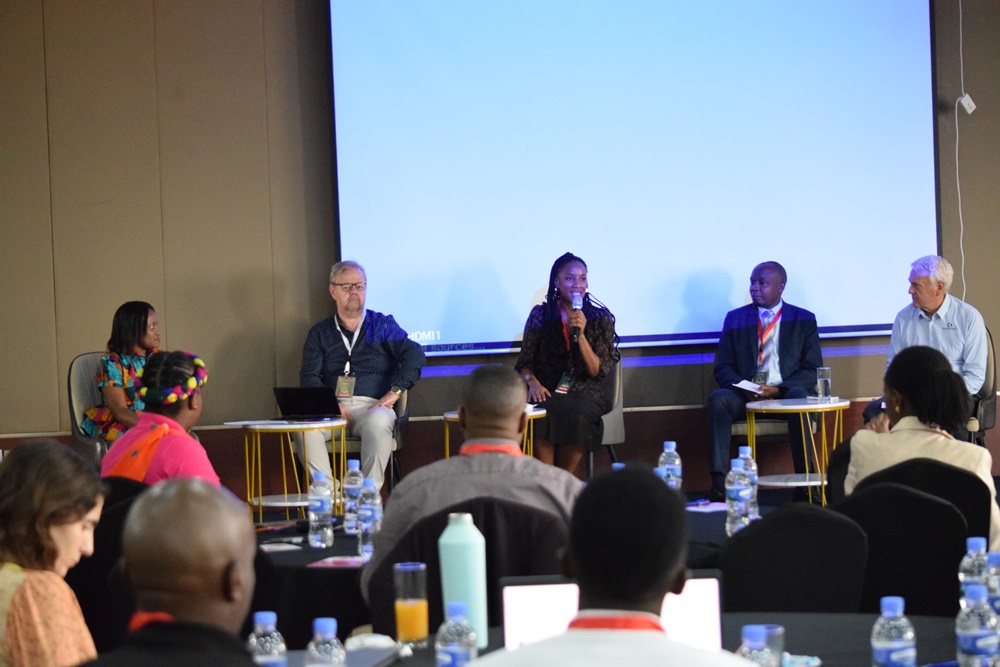
ASENTI is expected to produce recommendations that would strengthen Africa’s startup landscape, promote cross-border collaboration under the African Continental Free Trade Area and accelerate the adoption of homegrown solutions in fields such as health tech, agri-tech, climate innovation, fintech and artificial intelligence.
As the summit continues, participants hope to leave Kigali with shared strategies to support Africa’s next generation of innovators.
“Africa’s transformation begins in the classroom,” Munana said. “Let us prepare young Africans not only to benefit from change, but to drive it.”
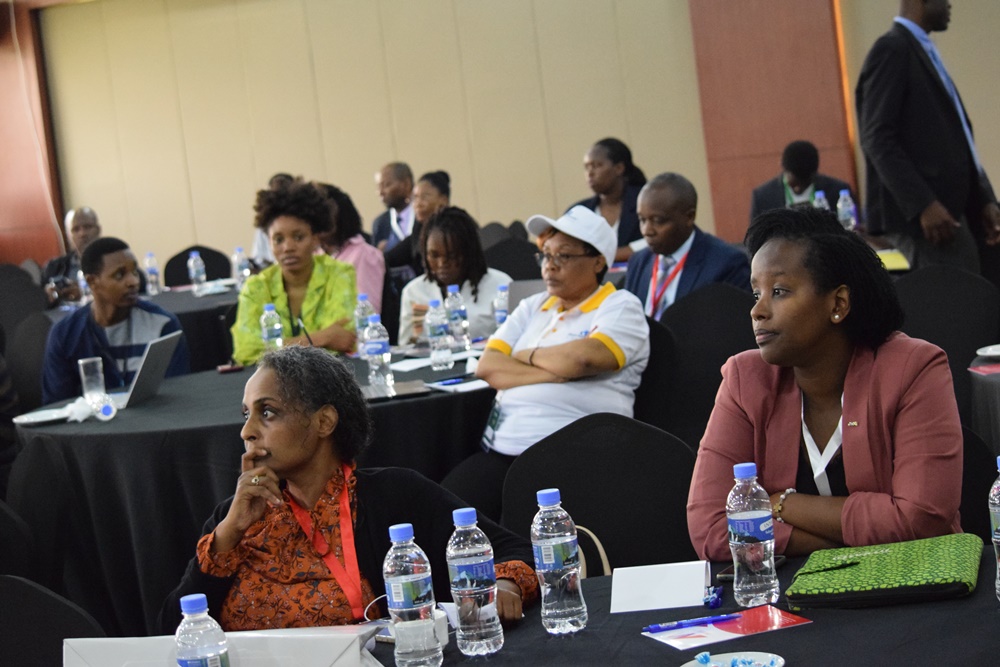
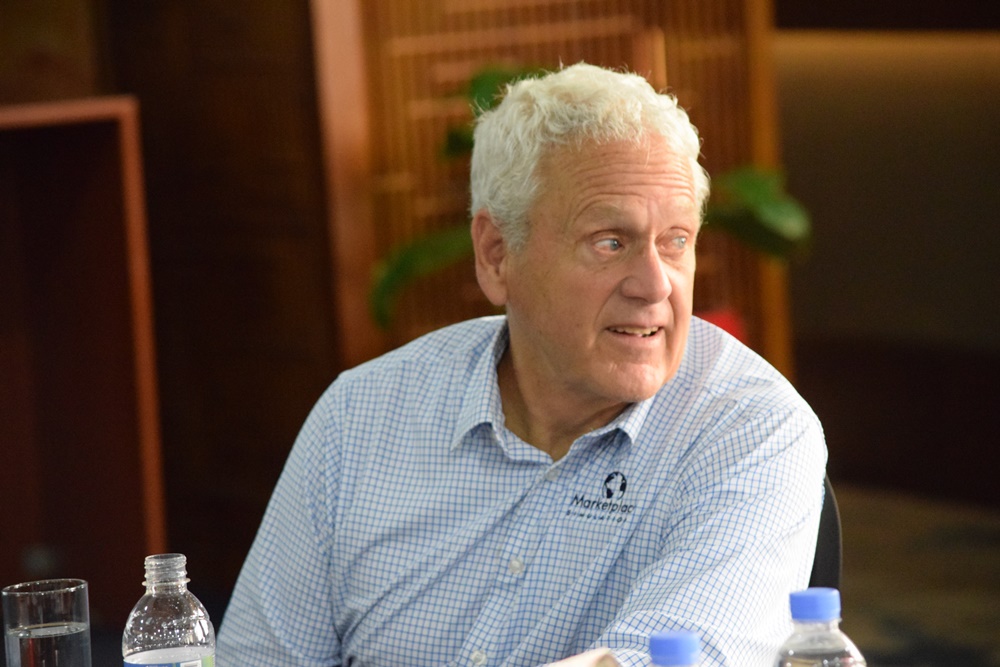
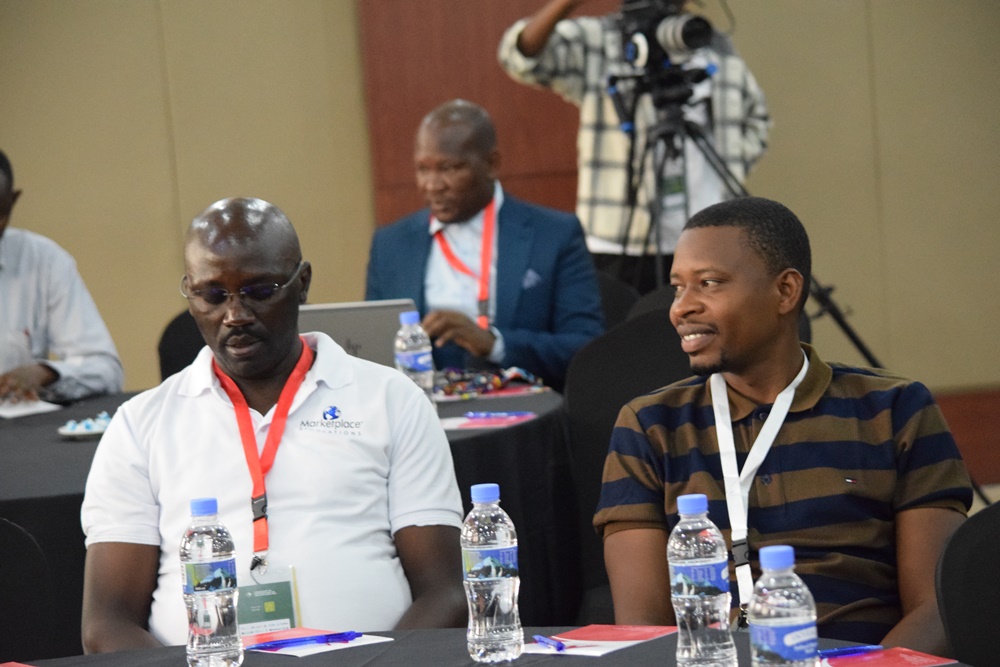
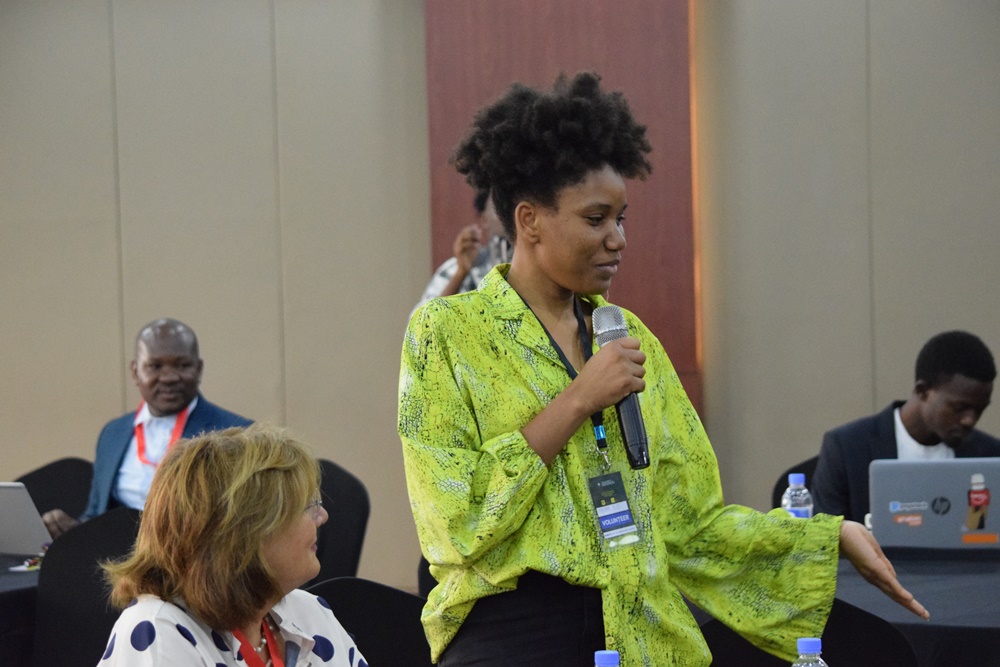

SUBSCRIBE TO OUR NEWSLETTER



